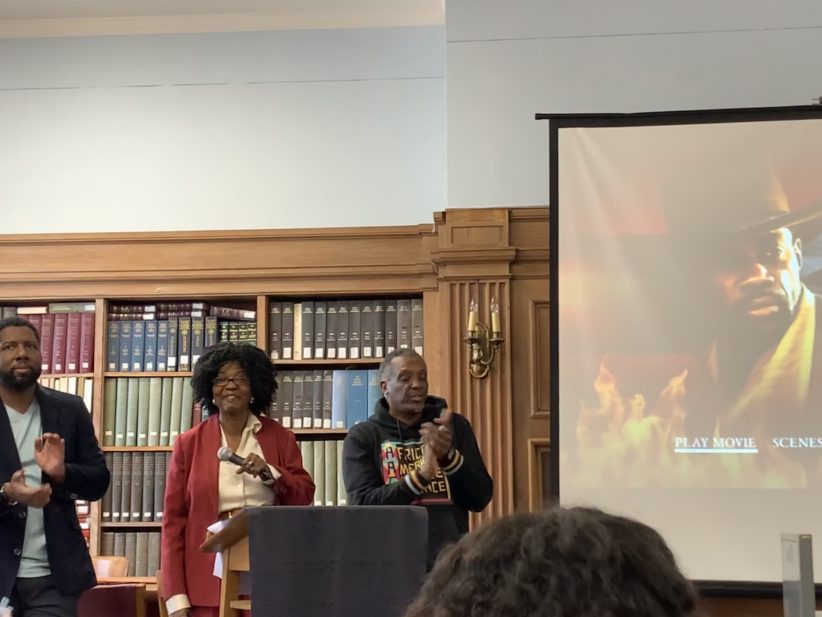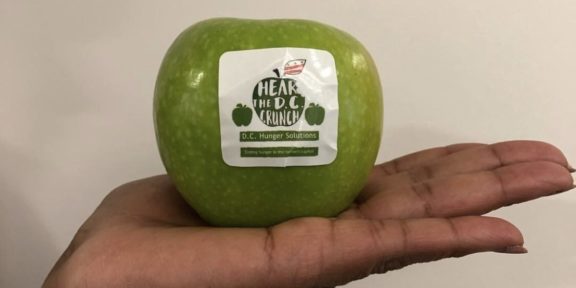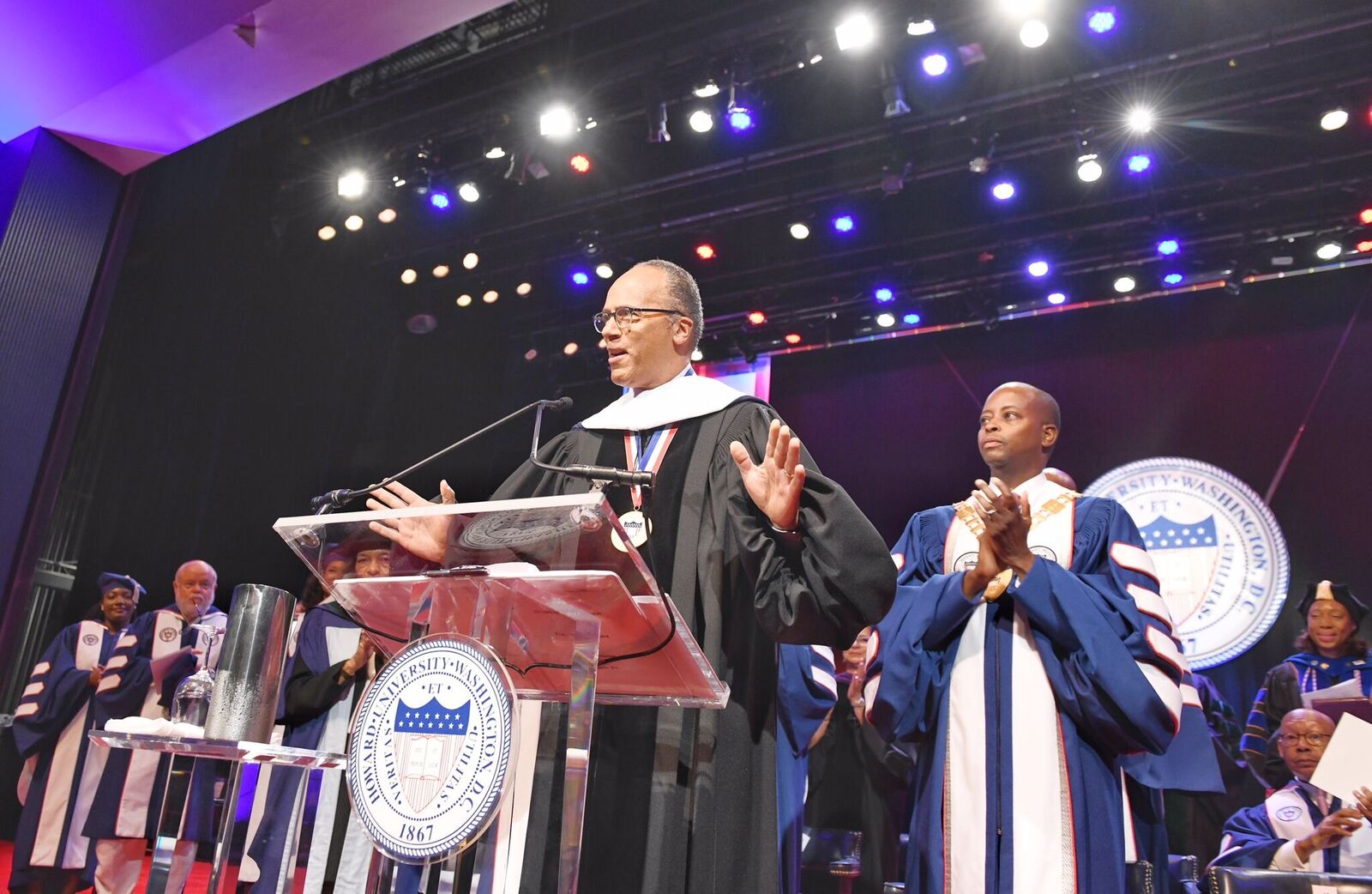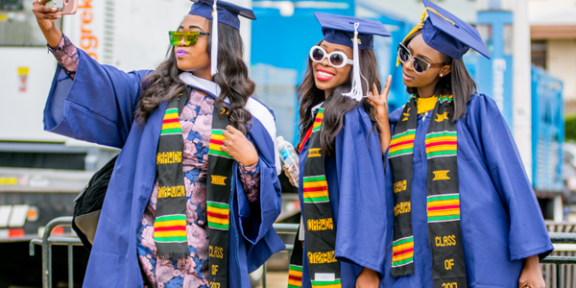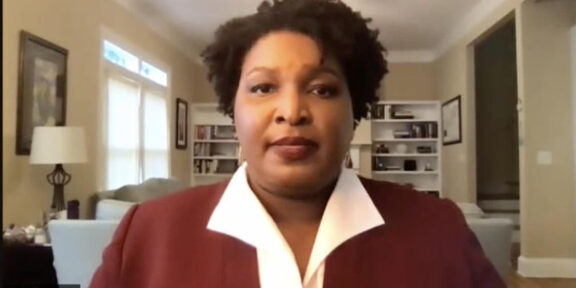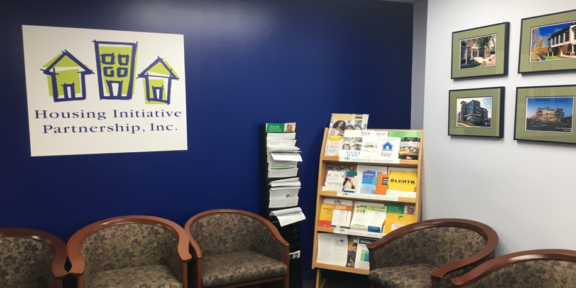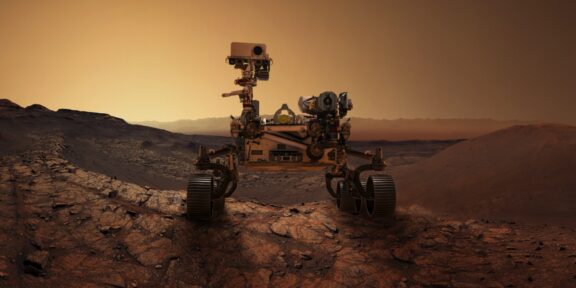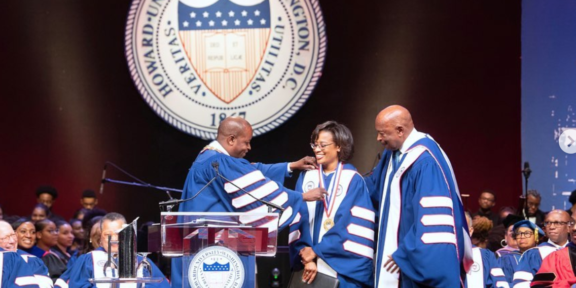By T’Keyah Hayes, Howard University News Service
Washington D.C.– Howard University kicked off Black History Month with another installment in its Africana Film and Discussion Series. The series celebrated its 13th anniversary of hosting discussions that preserve aspects of African-American culture. In this installment, the discussion revolved around the black western, Hell On The Border.
“We try to find films that deal with our people all over the world,” screening facilitator Celia C. Daniel said before the film screening.
The series shone a light on the black cowboys of the late 1800s. Friday’s screening of the film, Hell On The Border, took place in Founders Library. Based on a true story, Hell On The Border is a western film released in 2019 that tells the story of a former enslaved African named Bass Reeves living in the late 1800s who becomes the first black deputy U.S. Marshal west of the Mississippi River.
Bass Reeves in real life was just as swift as his film character played by David Gyasi. Working mainly in Arkansas and Oklahoma Territory, he was credited with arresting over 3,000 felons. Reeves is speculated to be the inspiration of the coined fictional “Lone Ranger” character.
Following the screening, Associate Professor and Chair of the Department of Afro-American Studies Dr. Greg Carr sat down with movie director, Wes Miller to discuss the making of the film.
“Making a movie with a western and a black hero is really hard,” Miller said in regards to the development of the film. “As much as Hollywood has progressed, it really hasn’t.”
The screening is part of the HBCU Tour by the film’s production crew, Dr. Amy Yeboah of the Afro-American Studies Department said.
“As we celebrate Black History Month and the 13th anniversary of the film discussion at Howard University, we just said, ‘Yes to open space—for discussion, for growth, for debate, and for the arts,” Yeboah said.
The tour will make its next stop in Atlanta to visit Clark Atlanta University in upcoming weeks to discuss the impact of the film.

